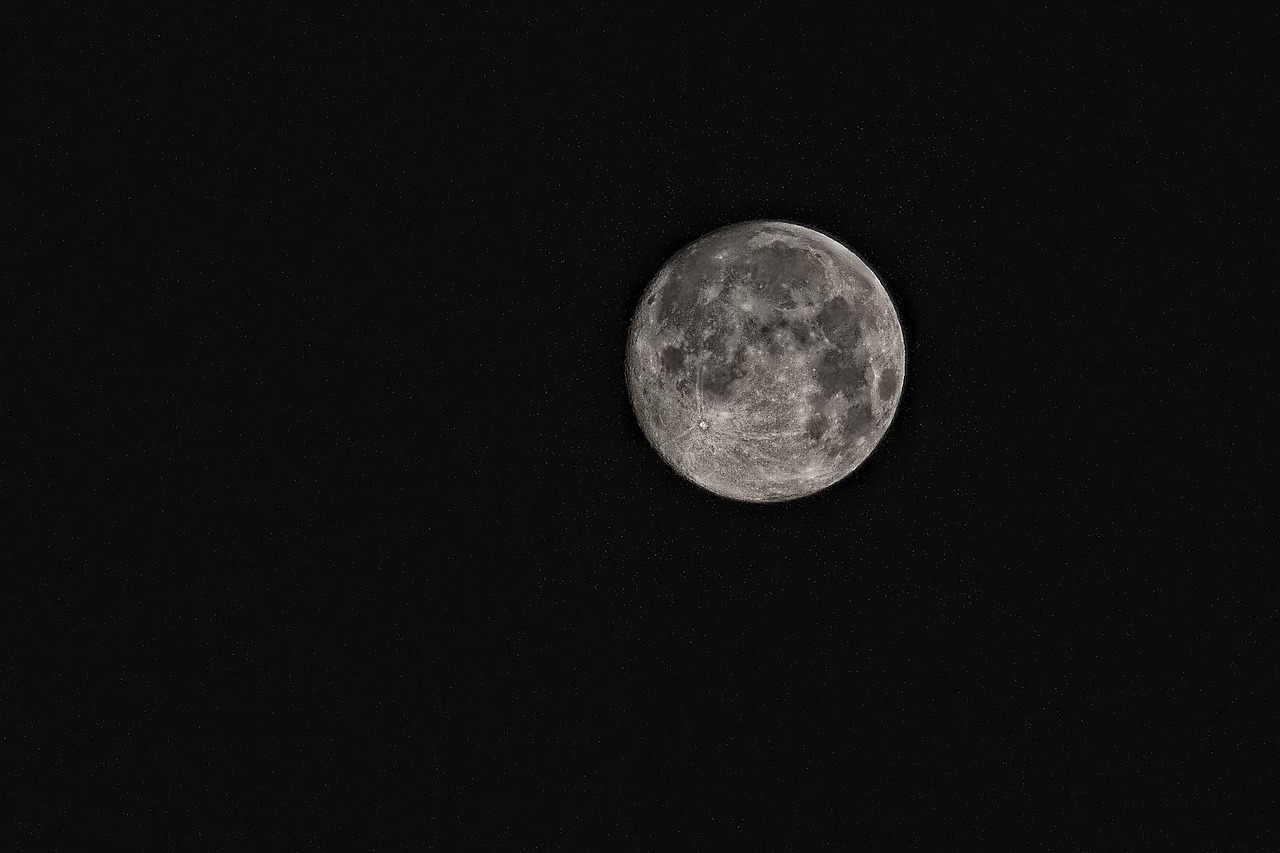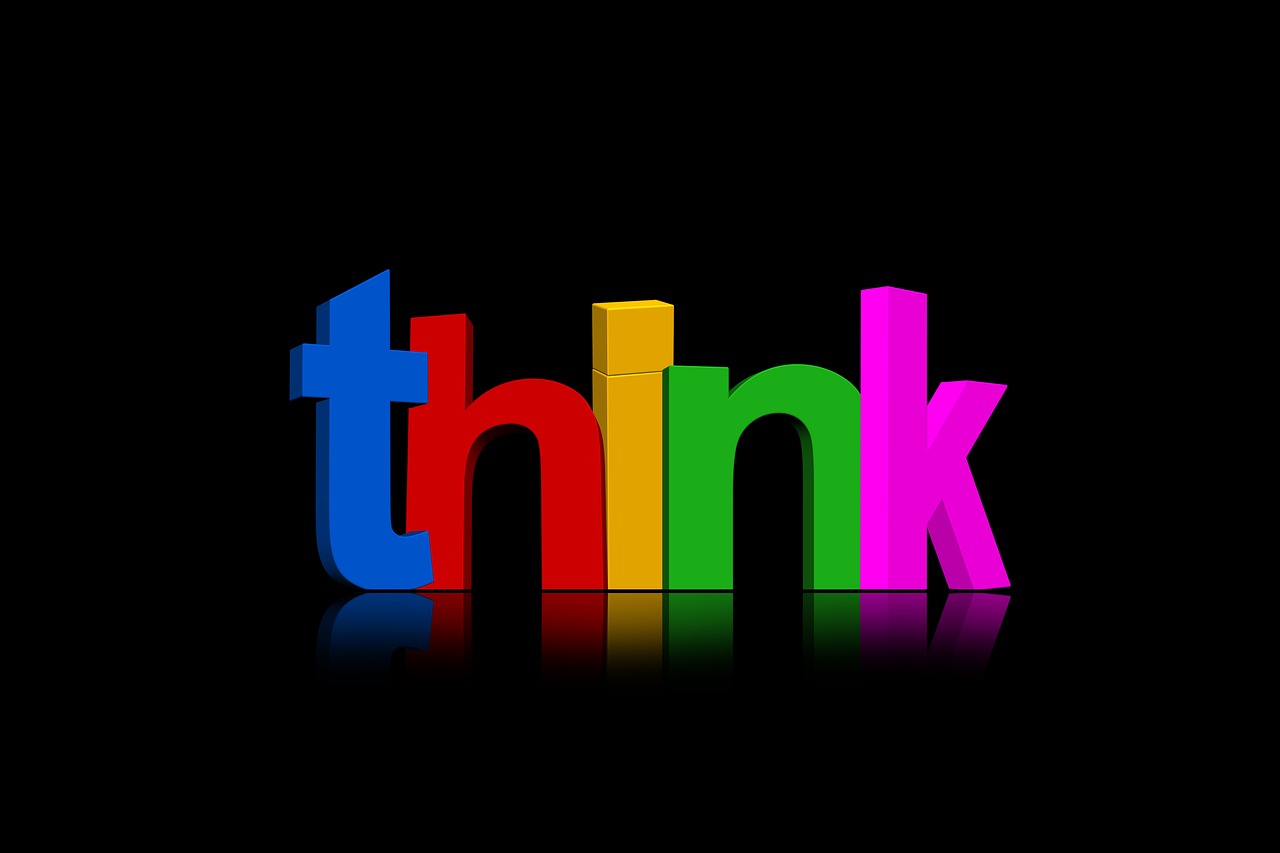NFT Tattoo Design Archives: A Convergence of Art, Technology, and Heritage

In recent years, the realm of digital art has undergone a significant transformation with the advent of Non-Fungible Tokens (NFTs). This technology has ushered in new possibilities for artists, collectors, and cultural enthusiasts alike. Among the various applications of NFTs, one of the more intriguing developments is the creation of NFT tattoo design archives. This innovation not only preserves the art form but also provides a new platform for artists to showcase their work.
Tattoos have long been a medium for personal expression and cultural storytelling. Traditionally, they have been a permanent, physical art form, rooted in cultural heritage and personal significance. However, as technology evolves, so too does the manner in which art is created, shared, and preserved. The integration of NFTs into the tattoo industry is a testament to this evolution, offering a digital solution to catalog and preserve tattoo designs.
One of the primary advantages of NFT tattoo design archives is their ability to provide artists with a secure and immutable way to claim ownership over their designs. Through blockchain technology, NFTs offer an encrypted digital certificate of authenticity and ownership, ensuring that artists receive proper credit and compensation for their work. This is particularly significant in an industry where replication and unauthorized use of designs are prevalent.
- Preservation of Cultural Heritage: Many tattoo designs are deeply embedded in cultural traditions. NFT archives allow for the preservation of these designs in a digital format, ensuring that future generations can access and appreciate the artistry and cultural significance of traditional tattoos.
- Global Accessibility: Unlike physical tattoos, which are bound by geographical limitations, NFT tattoo designs can be shared globally with ease. This facilitates cross-cultural exchange and allows artists to reach a wider audience, fostering a deeper appreciation for diverse tattoo traditions.
- Monetization Opportunities: NFTs open new revenue streams for tattoo artists. By selling their designs as NFTs, artists can generate income from their digital artwork, in addition to the traditional tattooing process.
Several tattoo artists and studios around the world have begun to explore the potential of NFTs. For instance, renowned tattoo artists are leveraging platforms like OpenSea and Rarible to mint and sell their designs as NFTs. This shift not only enhances their financial prospects but also sets a precedent for others in the industry to follow.
However, the integration of NFTs into the tattoo industry is not without challenges. The environmental impact of blockchain technology, primarily due to its energy-intensive nature, remains a concern. As the demand for NFTs grows, so too does the need for sustainable solutions that mitigate their carbon footprint. Moreover, the legal implications of digital ownership, copyright, and intellectual property rights in the context of NFTs are still evolving, necessitating a robust framework to protect all stakeholders involved.
In conclusion, NFT tattoo design archives represent an innovative intersection of art, technology, and cultural preservation. They offer a promising avenue for tattoo artists to protect, share, and monetize their work, while also contributing to the global appreciation of tattoo artistry. As the landscape of digital art continues to evolve, it is crucial for stakeholders to address the accompanying challenges to fully harness the potential of this emerging trend. As the world becomes increasingly digital, the fusion of traditional art forms with cutting-edge technology will undoubtedly shape the future of artistic expression and cultural heritage preservation.














